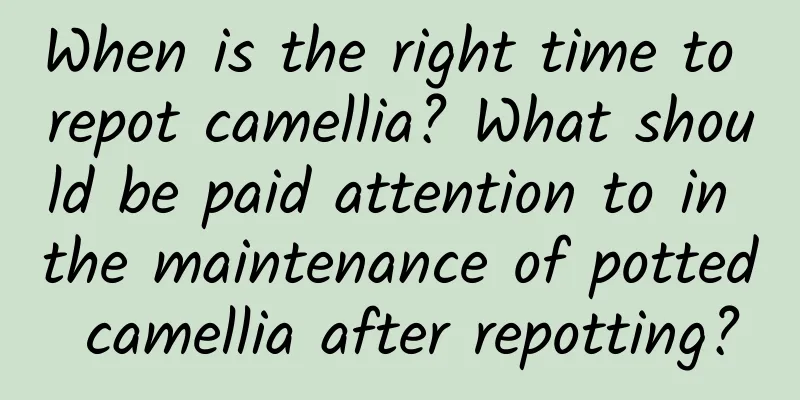How to prune the branches of Vinca roseus

When to prune vincaVinca can be pruned in summer. The time for cuttings of Catharanthus roseus is from April to July every year. When the temperature is high, its survival rate is greatly increased. Choose an object that is about the same thickness as the cuttings, dig a hole in the soil, slowly insert the cuttings into the soil, flatten the soil with your hands, and water it all at once. Catharanthus roseus can quickly take root in about 20 days. Vinca rosea pruningThe seedlings of Catharanthus roseus can be topped and pinched to control the growth rate. The terminal buds and side branches should be cut off before flowering to make it bloom more. The remaining flowers should be cut off after the flowers fade. The dead branches should be cut off in winter, and the dense branches and leaves should be thinned out in summer. The root system should also be cleaned and pruned to make it grow better. The wounds should not be exposed to water and should be disinfected to make them heal better. The shaping of Catharanthus roseus can be done according to your own ideas. It can be topped and pinched during the growth period, usually when the seedlings grow more than 6 leaves. Before flowering, the top buds should be removed and the side branches should be cut off to make it bloom more. The roots that absorb nutrients should also be pruned appropriately in time. Vinca Major Pruning TipsFirst: pruning before flowering. In the process of caring for vinca roseus, the main method of pinching is from its seedlings to flowering. When vinca roseus grows to 4-5 leaves, its top buds need to be pinched off. Second: Prune after flowering. After the vinca roseus blooms, it needs to be pruned again. Its top buds may die after flowering and will no longer continue to bloom, so they need to be cut off. Third: Prune diseased and insect-infested branches. When caring for vinca, you must prune off some diseased and insect-infested branches, especially in summer and winter when pruning. You need to prune dry and insect-infested branches. At the same time, you must strengthen water and fertilizer management to promote the germination of new buds. Precautions for pruning vinca roseusAfter pruning, the periwinkle must not be placed directly in the sun, but in a well-ventilated, cool place, and keep the temperature at 20-33 degrees. This will allow its side branches to grow faster. Do not spray water on the cut frequently after pruning, otherwise it will easily lead to slower wound healing. |
<<: Is the yield of cowpea high? What is the yield per mu?
>>: What fertilizer is good for peanut topdressing?
Recommend
The whole process of peach seed seedling raising method
Raising peach tree seedlings from seeds is a comm...
What is the reason why the leaves of the Brazilian cycad turn yellow?
The Brazilian dracaena is a common ornamental gre...
What are the cultivation methods and precautions for hydroponic green radish?
Growth habits of hydroponic green radish The hydr...
Do blueberries like water? Are they water-loving plants?
Do blueberries like water? Blueberry prefers wate...
What is the function and value of Colchicum
The role of colchicine Colchicum is a flower with...
When is the best time to grow strawberry seedlings?
Strawberry is a popular berry fruit whose seasona...
Brussels sprouts cultivation methods and precautions
1. Maintenance methods 1. Temperature: The most s...
How to cultivate Ruoge poetry
1. Maintenance methods 1. Temperature: Fifteen to...
When is the right time to repot succulent plants?
Succulent repotting time Generally speaking, newl...
How to pinch the tip of Chinese evergreen
1. Remove the top By pinching the tip of the ever...
What soil is suitable for planting white palm
Soil for white palm Anthurium likes acidic soil, ...
Can litchi be grown in the north? How to grow litchi in greenhouses in the north
Planting lychees in the north Lychees can be grow...
What to do if the leaves of the golden diamond droop
1. Causes and solutions 1. It may be due to impro...
When is the best time to transplant yew?
Before transplanting the yew, it is necessary to ...
Can papaya trees be planted in the north?
Can papaya trees be grown in the north? Papaya tr...









